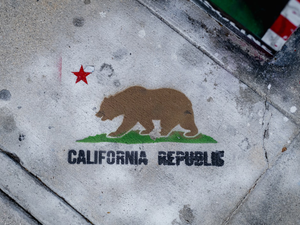Big Tech Is Snooping on Your Sensitive Health Data - And You Won't Believe How

Photo by Lianhao Qu on Unsplash
Privacy is officially dead, and Big Tech is dancing on its grave. In a shocking investigation, researchers discovered that state health insurance exchanges are casually sending your most intimate medical details to tech giants like Google, LinkedIn, and Snapchat.
Imagine typing in your prescription for antidepressants or birth control, only to have that data immediately shipped off to social media companies faster than you can say “data breach”. Four states - Nevada, Maine, Massachusetts, and Rhode Island - were caught red-handed sharing users’ sensitive health information through web trackers.
The Digital Privacy Nightmare
Nevada’s health exchange was particularly egregious, sending prescription names and dosages to LinkedIn and Snapchat. When users searched for medications like Fluoxetine (Prozac), those details were instantly transmitted to advertising platforms. Talk about a HIPAA violation waiting to happen.
Who’s Watching Your Health Data?
These exchanges claim they’re not sharing personally identifiable information, but let’s be real: tech companies are masters at piecing together digital breadcrumbs. Every tracker logged details like your device, browser, and visit times - creating a digital profile that’s uncomfortably close to a complete picture of your health.
The Bigger Picture
This isn’t just about a few rogue state websites. Hospital sites, online pharmacies, and healthcare platforms have been caught repeatedly sharing sensitive medical information with tech companies. The message is clear: your health data is a commodity, and privacy is just a quaint suggestion in the digital age.
So next time you’re browsing a health insurance site, remember: Big Tech is always watching, and your medical secrets are just another data point in their endless quest for targeted advertising.
AUTHOR: mb
SOURCE: CalMatters






























